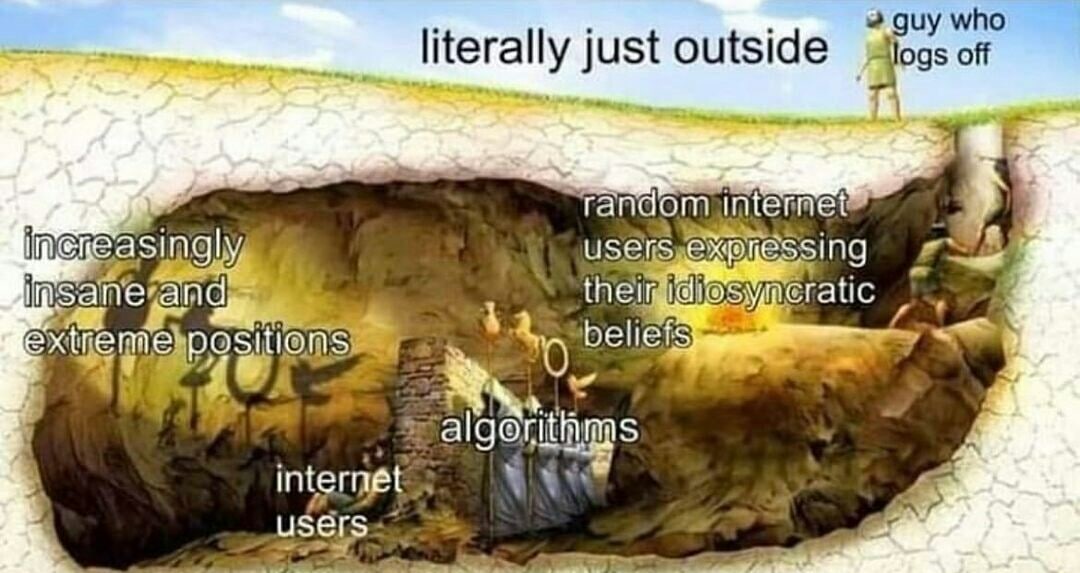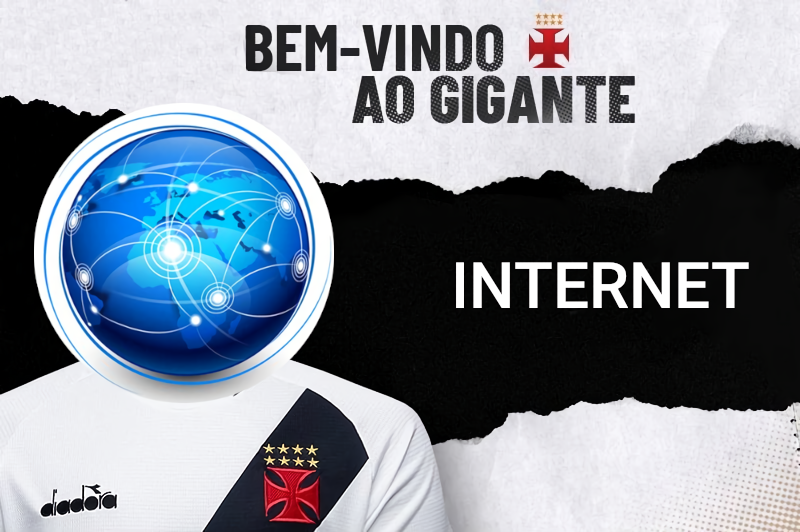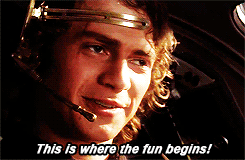Suppose you are one of the prisoners in Plato’s Cave, and you have just now realized that the shadows projected on the cavern walls are not real. You also realize the shackles that held you to the ground are loose, and no one is watching you. Seeing this as an opportunity, you set yourself free and flee.
On your way out, you find out that the cave you were in is actually part of a much wider and deeper network of caves filled to the brim with prisoners. You also see hooded figures acting as guards, producing and carrying signs in shapes similar to the shadows you saw on your cave. You also see other prisoners lighting and fanning the flames that cast those shapes and illuminate the walls of the caves.
Having enough of this insane cave network, you seek desperately to get outside. You notice a sliver of light ahead, and rush towards it. Its brightness is far greater than anything you’ve ever seen, and you assume it must be the surface. There are other escapees to greet you, and you rejoice knowing you’re not the only one. Just as you’re about to continue, however, they ask you to sit down to rest before resuming to the top.
The very moment you sit down and observe the light being cast on the other side of the wall, you notice different shadows appear upon it. Since they come from that bright light, you assume these must be the surface inhabitants. Without your notice, however, shackles have been put on you again, and you see yourself in the same exact situation as before.
 A well-known allegory under a modern lens.
A well-known allegory under a modern lens.
Introduction
If the protagonist of the narrative above is “literally you”, then you may have noticed something is wrong with the internet.
If you had access to the older “wild west web”, you might recall how things were… different. Better in some aspects, worse in others. The internet used to be novel, avant-garde, experimental. There was a page for everyone and a forum for everything. Even social media felt more authentic and personal, in a way.
The internet served (and still serves) as the biggest gathering of information and knowledge our species has ever created. Yet, this device has been recurrently misused and re-purposed to fit other needs. It went from mainly community driven to corporate driven, losing its essence and authenticity and becoming more sterile and sanitized in the process.
With it, came an eternal recurrence of similar articles on similar websites. Always the same products, services, discussions and memes being discussed on the same platforms over and over… Nothing felt genuine anymore, and people took notice.
In the last couple of years, there has been a conspiracy theory circulating through the internet. The Dead Internet Theory claims that most (if not all) of the internet is fake. Fake traffic, fake people, fake news, etc. No influencer, no event, and no media is real. The internet has become “an ocean kilometers wide, but centimeters deep”. A bold statement truly, but a sane one.
Who killed it, though? A handful companies and their shareholders? Oppressive governments and bad actors? Blockchains and AI? Was it killed because of a feeble attempt at digital inclusion or because “we can’t have nice things”? We may speculate, but none of that really matters since it’s out of our control. What matters is: it happened, and it mostly sucks.
 The internet isn't dead and will play for Vasco da Gama.
The internet isn't dead and will play for Vasco da Gama.
Some key observations that sustain the Dead Internet Theory include:
- Vanishing accounts and websites;
- Eternal recurrence of content on the internet and the news;
- AI-generated content proliferation and bot infestation;
- Algorithmic fiction in social media and search engines;
- Homogeneity and soullessness in modern mass multimedia;
- Increase of sexual perversion and degeneracy;
- Differences between content on smartphones and PCs;
All of them have been covered by a plethora of different authors, therefore I’ll abstain from elaborating on them further (links below):
- Pseudiom. Dead Internet Theory, The Internet Is Empty | Esoteric Internet. YouTube, 2021
- Duncan. Dead Internet Theory: Nostalgia and the Problem of Other Minds. YouTube, 2021
- ColdFusion. The Internet is Fake. YouTube, 2023
- 1C2. The End of the Internet is Here. YouTube, 2023
My aim is not to serve you a blackpill and let you writhe in sorrow, like some of the above do. I’d rather provoke catharsis. After all, I can assure you right now is just as exciting as ever to surf the web like the good old days.
I will explain the steps required to rediscover and enjoy a more open web. Moreover, I’ll also provide a guide on how to develop a moral compass to lead you through this journey. This way, you won’t stumble into yet another dead end as the freed prisoner protagonist did.
The Five Steps:
Step 0: Critical thinking
The first (zeroth?!) point I want to discuss is the most important tool to be yielded by anyone on or offline: critical thinking. This tool is so powerful and important that without it, the rest of this blogpost becomes invalid.
The concept is simple: whenever you are given a new piece of information, pause and ponder. Try to imagine how that fits into your world view, where it agrees and where it diverges. Seek other sources that either confirms or refutes that information, acknowledging that they too bear their own biases. If possible, test that information yourself.
Of course, in practice, it isn’t that simple. Information is often presented in a way to hack your brain’s weak spots: emotions. To exercise critical thinking properly, you must set aside any emotional reaction for a quick moment to analyze what that information really is and then act upon it.
On the other hand, recognize it is humanly impossible to have an up-to-date, 100% free of bias opinion about anything in the world. Your burden is to carry your own beliefs (native or socially imposed), and the best you can hope to accomplish is a brief suspension of your beliefs in the face of new hypotheses and evidences. In doubt, a russian proverb fits like a glove:
Trust, but verify.
Now that’s dealt with, let’s get started!
Step 1: Remember the purpose of the web
Here is the very first exercise in critical thinking:
What is the purpose of the web?
What do you want to do on the internet?
Why did you go online today in the first place?
Some answers you provide to these questions might be:
- Communicate with friends and family;
- Research topics;
- Seek entertainment for myself and others;
- Work-related stuff, etc.
I believe none of them include “being force fed propaganda”, “arguing with $opposing_ideology”, “feeling miserable about my life because $other_person is doing so much better” or “whining because things change”.
Therefore, “remember the purpose of the web” is a mantra you must keep in mind while you’re online. Make a list of what you actually want from the internet and let that be your guide to help you navigate the web.
By doing so, you have successfully thought critically. Congratulations!
OK, this one was easy. What’s next?
Step 2: Take the red pill
This one require some more effort, but pays off wonders in the long run.
Chances are you are trying to ditch social media right now. Be it because of the complete decadence of Twit―I mean, 𝕏 and Reddit, be it because Meta and privacy are antonymous. This used to be seen as a suicide but the concept of leaving social media has been gaining popularity recently, and with plenty of good reasons.
One reason is to regain control over one’s thoughts and actions. It is extremely convenient to sit back, relax and passively consume new content being curated by The Algorithm™ and added constantly to your feed 24/7. Modern platforms make use of psycho-socially engineered mechanisms to retain user attention for as long as possible.
Most users don’t actively search what they want to see. When they do, they are biased at best by the very search engine they are using. In this step, take the time to think about your tastes, personal preferences, hobbies and interests. We will see how to research these things on the next step, but it is important to know what you’re looking for before typing the first character of your search term.
Another reason is to regain one’s online privacy. You’ve probably had that concern before, and maybe even started to implement some techniques in your daily life. On the other hand, you may have found some of them too unpractical and unsuitable for your daily usage of the internet.
In this step, you develop threat modeling. These are threats that affect not only your privacy, but also your attention. For this, ask yourself these questions:
Who am I protecting my data from?
What type of data am I protecting in the first place?
What are the things I actively want to avoid while using the web?
How the websites and online communities I visit can influence my world view?
Given the answers to these questions and remembering the purpose of the web, you can start researching and adapting different strategies and tools to your personal needs.
Step 3: Seek and save websites and resources
 All rights reserved to Lucasfilm Ltd.
All rights reserved to Lucasfilm Ltd.
Now that the monster is out of the cage, what is there to see outside? You may ask:
Where do I start looking for new websites?
How do I keep in touch with them?
There are some good starting points for your exploration of independent websites. These include Wiby, Curlie and Neocities (a.k.a where this website is hosted). Although these search engines might not yield the best results at first, they serve as a good enough first step in your new internet odyssey.
Make sure to explore webrings and list links (like mine) as well. Eric Murphy wrote a great post in his blog about these approaches to web discovery. There might be some roadblocks, dead-ends and shady streets on the way though, and this is where critical thinking can make sure you don’t stray from your moral path.
There are also some hidden gems in your path worth saving. The moment you find them, be sure to keep them bookmarked so you won’t need to search for them again or rely on your browser history. Also, if they have an RSS feed available, be sure to subscribe to them. RSS is a great way to keep up with blogs and podcasts you might find along the way. I personally use Thunderbird as an RSS reader.
You may have also grown accustomed to some facilities of the modern web. You don’t have to give up all of them to use a more free internet. You may also ask, then:
Is there a way to benefit from a certain site or service I used by some other means?
Are there alternatives to these platforms that respect my privacy and attention?
To that end, you can refer to The Lesser Evil, a simple list I’ve compiled of common alternatives front-ends to well-known online platforms (They don’t always work, though. YMMY). Extensions such as Libredirect and Imgsed make the process of browsing these front-ends much easier. You can even generate RSS feeds for mainstream social media and many other websites using RSSHub.
Special attention must be given to the search engine. Since this tool is usually your primary source of new content, its choice can influence what type of internet you will be presented with. Unfortunately, every search engine carries a certain bias (including the aforementioned ones). The only reasonable solution is to use multiple engines, preferably at once. Thankfully, there exists a highly-configurable meta-search engine for that known as SearX (now SearXNG).
Because of the ephemeral aspect of the web, we cannot take availability of websites as a given. In case you find content worth saving on your drive, tools such as the SingleFile extension and yt-dlp can archive webpages and videos respectively with remarkable quality.
Optional: Take part in the decentralization of the web
If you want to contribute even more to making the internet more decentralized, there are some options.
The easiest by far is joining The Fediverse, a collection of different services that communicate via the same protocol. There is no central, single instance to any of their platforms. Rather, there are several different instances, each with a specific focus or niche.
Here are some of the available web services I’d personally use:
Of course, there are many others that you can join as an user or even host your own instance. Beginners start here.
If you’re not so much into the Fediverse, you can start your own website (like I did). Its maintenance is notably higher compared to a Fediverse account, but it can be rewarding to see your own place on the web. Other decentralized initiatives outside HTTPS include the IPFS and BitTorrent protocols, both with emphasis on peer-to-peer file sharing.
Keep in mind the recommendations I give in this step are related to what would fit my personal needs and threat models. If any of them don’t fit yours, there are many others to explore. Be sure to do your own research and always exercise critical thinking.
Step 4: Touch grass
Great, now you’re armed with an arsenal of philosophical and technological tools to explore the web. You also performed a fugere urbem on the web, explored a lot of very cool sites and marked them on your “web map”. What comes next?
Here is the plot twist: touch grass. Go offline. Stay out of the loop for a moment. Be bored.
“Wait, what? Why?!”, you may ask. Simple: the purpose of the web was fulfilled. At this moment, your “daily dose” of internet was delivered, and thus it is not necessary to remain online. You can close the browser and disable your wired or wireless connections. Be at peace with the entries on your feed reader and the files you’ve downloaded. Once you’re done with them, you can even shutdown your computer.
There is no need to be online or have notifications enabled for every social media 24/7. In fact, it can be beneficial to go offline for a couple of hours, be it for work, gym, meditation, or to just enjoy a movie or a book without interruptions. There is a lot to experience while AFK.
Whenever those are done, then you can get online again and get updated. The key is not to abstain yourself completely (this is nigh impossible nowadays), but to interrupt this constant stream of news that flows on the internet. It’s the difference between drinking water from a bottle and drinking it from a high-pressure hose.
It is so easy to be distracted nowadays. Lots of snippets of entertainment being constantly recommended and available. Lots of drama to keep up with on social media. The modern internet seems to just want you to stay online, to keep you in for longer than needed.
You, on the other hand, feel the pressure from the environment and respond with an equally high pressure to sit down and stare at the shadows for just one more meme. But to really see the light, what is outside the cave, you must not surrender. Get up, shake the dust off, bid farewell to your fellow netizens and follow the light instead of merely admiring the shadows it creates…